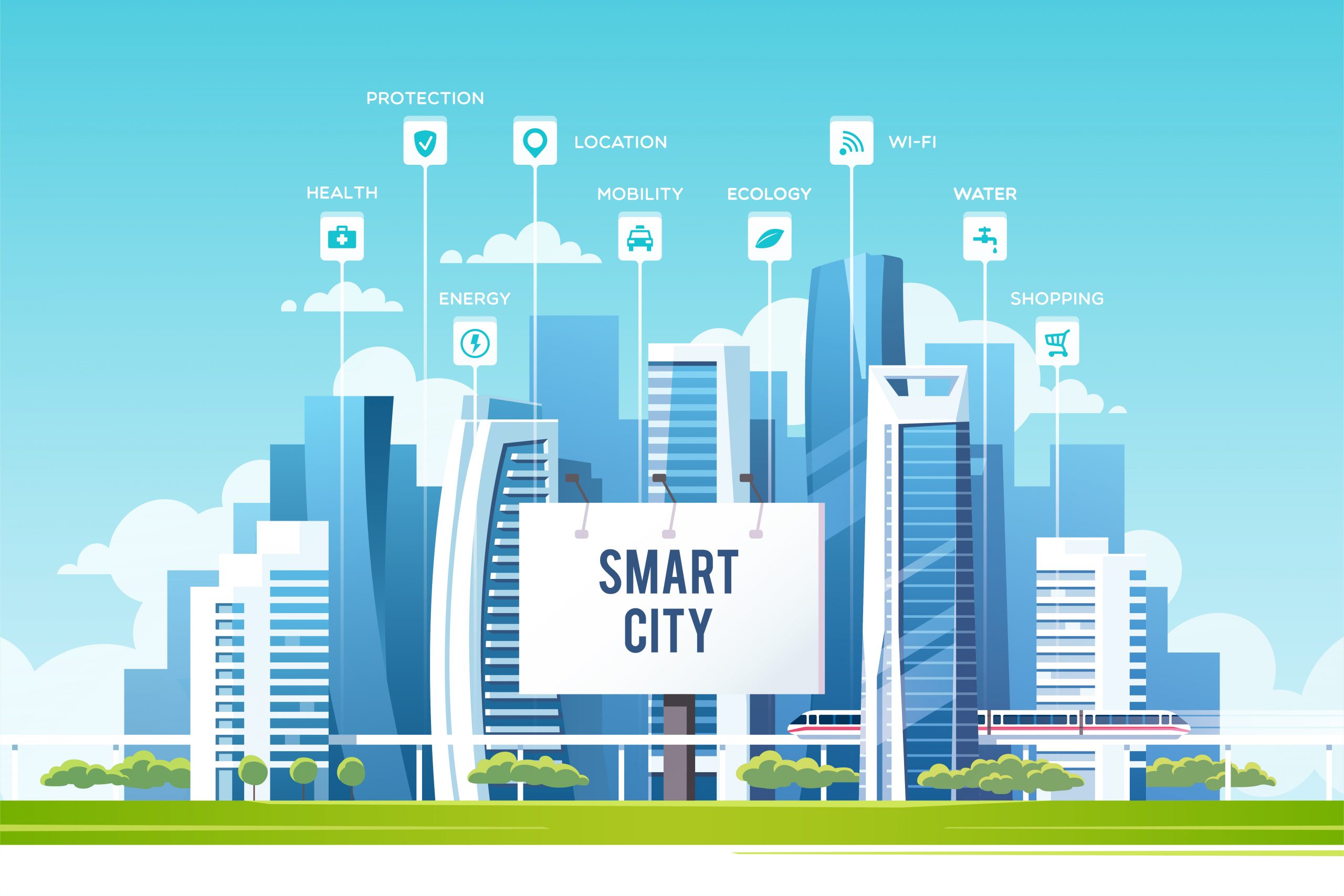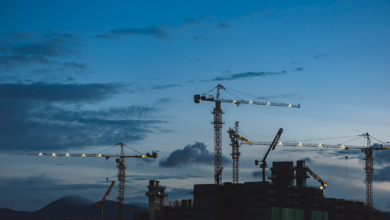In cities, population pressure on land, infrastructure, and the environment is immense, and civic agencies are wrestling with issues such as clean air, mobility, cleanliness, water, and public safety, among others. As a result, there’s a need to establish a long-term solution.
The Smart Communities Mission was released on June 25, 2015, to encourage cities to use smart solutions’ to offer fundamental infrastructure, a clean and sustainable environment, and good quality of life for their residents.
Smart Cities Mission: Latest updates
On June 25, 2021, the Ministry of Housing and Urban Affairs (MoHUA) hosted a virtual event to commemorate the 6th anniversary of the Smart Cities Mission (SCM) as well as other urban transformation missions. The National Institute of Urban Affairs, an independent organization of MoHUA entrusted with bridging the gap between research and practice on challenges connected to urbanization, celebrated its 45th anniversary on the same day.
The winners of the Smart Cities India Awards 2020 had been announced. Indore and Surat were declared the smartest cities in India. All government test candidates should refer to the linked article to see a comprehensive list of winners by state/UT and theme.
Smart Cities Mission: Challenges Faced
1. Buildings that are both energy efficient and environmentally friendly have a long way to go.
2. Making Self-Sufficient Urban Bodies
The proportion of people who use public transportation is decreasing, and it must be enhanced to satisfy the demands of growing urbanization.
3. As the population of the world grows, so does the amount of pollution in the air and the amount of traffic on the roads.
Need for development of Smart Cities
1. Smart cities are required for a country’s growth and development.
2. Smart cities are required for the improvement of people’s quality of life in cities.
3. If people’s quality of life improves in cities, the city will naturally attract more people and, as a result, more investment.
Smart Cities Mission: Planning
There was initially a vagueness due to the lack of a consistent definition of a smart city. The Indian government did not prescribe any one model because earlier Urban Development Missions had shown that one size does not fit all. Every city had to develop a concept, vision, goal, and plan that were fit for its resources, local context & ambition level.

 New COVID-19 Variant Alert! KP.2 Can Bypass Your Immunity—How You Can Protect Yourself, Learn Everything
New COVID-19 Variant Alert! KP.2 Can Bypass Your Immunity—How You Can Protect Yourself, Learn Everything How to Generate your E-Shram Card? Apply Online
How to Generate your E-Shram Card? Apply Online The Impact of Advanced SEO Techniques on Online Visibility
The Impact of Advanced SEO Techniques on Online Visibility Emirates Multi-City Flights Are Cheaper or Not?
Emirates Multi-City Flights Are Cheaper or Not? What Makes FamiSafe A Perfect Choice For Your Child Safety
What Makes FamiSafe A Perfect Choice For Your Child Safety How Technology is Changing Long-Distance Moving
How Technology is Changing Long-Distance Moving The Role of Certifiers in Commercial Development
The Role of Certifiers in Commercial Development Fun88 รีวิวเว็บคาสิโนออนไลน์ ใบอนุญาต ฟีเจอร์เด่น พร้อมแชร์ทางเข้า Fun88แท้ อัพเดทใหม่
Fun88 รีวิวเว็บคาสิโนออนไลน์ ใบอนุญาต ฟีเจอร์เด่น พร้อมแชร์ทางเข้า Fun88แท้ อัพเดทใหม่